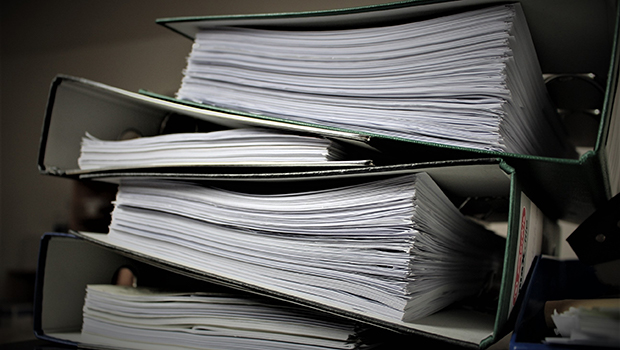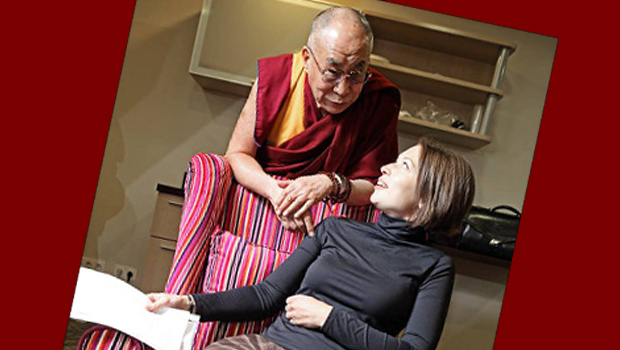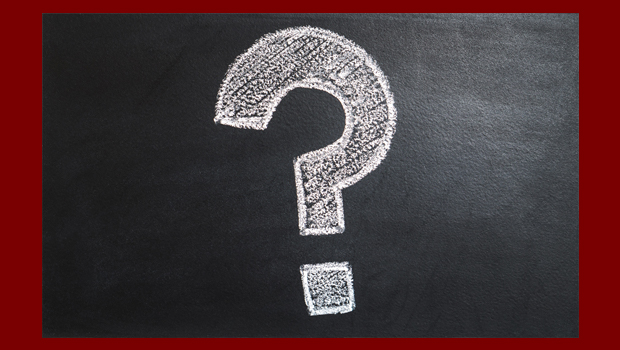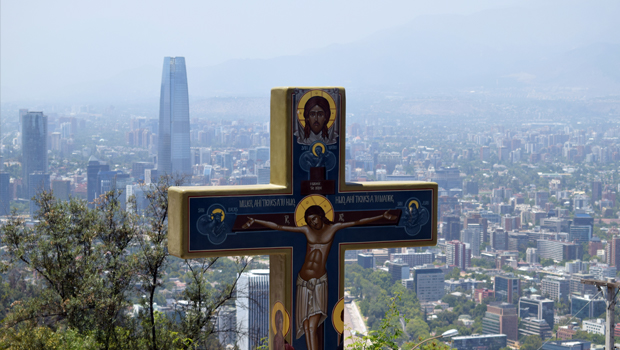Experts can be bought by powerful interests, which is why New York-based Jenny Nordberg has learned to look past their opinions when reporting.
Nordberg also discusses how she applies knowledge of human behavior to her interviews, the thrill of finding disturbing things just under the surface, the pretentiousness of the term ‘investigative journalist’, and how global networks like the ICIJ help expose “juicy” stories.
Right now, I am working on the book based on my endeavors into gender in Afghanistan and the practice of girls who grow up as boys. I broke this story in 2010, and since then, I have gotten hundreds of emails from women all around the world, confessing that they too at one point or another have wished they had been born as boys.
 It is a very untraditional investigative project, with no online sources and no previously existing research on the topic. It’s literally a story that builds from family to family, from one referral to another. And there is no clear villain, other than our own misperceptions of Afghanistan in the last ten years. I am becoming the expert on this underground and ancient phenomenon myself, which is exhilarating and at the same time frightening, as I need to get it right.
It is a very untraditional investigative project, with no online sources and no previously existing research on the topic. It’s literally a story that builds from family to family, from one referral to another. And there is no clear villain, other than our own misperceptions of Afghanistan in the last ten years. I am becoming the expert on this underground and ancient phenomenon myself, which is exhilarating and at the same time frightening, as I need to get it right.
It’s not just a cross-border investigation, it moves across academic disciplines and our own history as well. And it has everything to do with the current war, the economy and international politics. What does it really tell us about the human condition, when so many women give up on their own gender, in our time? That is one of the questions I am working with; cautiously hoping that my book can change some of the conversation about this war and the efforts of many countries there.
What is the path that led you to investigative journalism in the first place?
My first journalism job, while still at university, was at Swedish Broadcasting’s weekly investigative program – as a researcher. I talked them into hiring me for the summer, although I had zero experience. I just thought it seemed like the most interesting place to work – it was hardcore public service about corruption within government institutions and flawed policies. My superiors were all men who wore ponytails, played in a rock band and couldn’t stop speaking of their imagined working-class backgrounds. I had a great time.
What methods, techniques and tools have served you best as an investigative journalist?
Since I have done radio, television and print in several languages and countries, I have developed somewhat different personalities for each. For instance, my American television producer self is pretty aggressive, very organized and likes to do things NOW. The print journalist in me is a little more low-key, and dare I say, Swedish, as well as a quick and thorough note-taker; I could never deal with endless tape transcripts. The old researcher in me can get very stuck on details that don’t match up, and the columnist has a sense of play. When something is particularly hard to crack, I merge all into one crazy persona.
I have also found it quite helpful to be an immigrant to the U.S., as I have made every kind of cultural mistake that you can possibly think of. You learn a lot about human behavior and social codes that way.
And I work from the absolute conviction that everybody wants to tell their story – even when it’s an unflattering one. Vanity is never to be underestimated.
How has the increasing importance of digital and online media (especially the immediacy factor they emphasize) impacted the quality and practice of investigative journalism?
I now speak to people online that I would never have found before. I can quickly connect to sources and fixers in other countries, and I rely heavily on networks like the ICIJ to ask basic methodical questions, and questions on government data and institutions that previously would have required a trip to the other side of the world, or at least a tricky phone conversation in another language.
The entire idea of ICIJ also goes to the core of the purpose of journalism – it used to be that a correspondent could sit in another part of the world and just rant on anything. Because who knew better? That’s not how it works anymore – and in a network like this we have much better chance of syncing global stories. When politics and business go global, we cannot divide our work into “local,” “foreign,” and “investigative” stories anymore. Humans tend to mess up in very similar ways around the globe, and a really juicy story can often be traced through several continents.
Finally, I am from a luxurious country, but my real heroes are the ones who do this type of work in very difficult environments. I am thrilled to be digitally connected to them and hopefully able to offer any kind of help and support I can.
Have you employed a lot of data-based methods in your investigative reporting? If yes, what kinds of data do you use and how?
The master of all masters – Helena Bengtsson of Swedish Television – took me under her wing early on and taught me how to do background checks on people. It was the most exciting thing, especially since Sweden has a lot of digitized public records. When she noticed that I was as obsessive as she was, she introduced me to computer-assisted reporting on a larger scale. We did several projects together, on financial crime for instance, where she would build the databases and I crunched them. Later on, Tom Torok of The New York Times let me into his world of secrets as well, most famously perhaps, when he created an incredible database for the Death on the Tracks series, where we analyzed hundreds of railroad accidents around the United States.
Talk about your approach to stories. Is there anything unusual about the way you conduct your research or choose your themes.
Since I write weekly columns for Svenska Dagbladet, I cultivate the mind of a child – I keep a running list of things I’m curious of, from how certain financial instruments work, to how unmanned drones are directed, and how family policies differ between Europe and the U.S. (Those are three I just put on my list today.)
My favorite projects start out with very basic questions. Like the time, many years ago, when I was asked “What the (expletive) is wrong with Haiti?” I had nothing to say, but dutifully went to look up Haiti on a map. That was the start of a year-long project in which we made a very serious attempt to explore decades of U.S. policy toward Haiti – it took us from lunches in Washington D.C., to nightly U.N. raids through the slums in Port-au-Prince, and an unlikely rendez-vous with rebel leaders in the Dominican Republic.
What do you consider some of the most important lessons you have learned over the years?
My interview teacher Pia Tornberg of Stockholm University’s journalism school taught me my cardinal rule – to occasionally shut up. For my endeavors in American journalism, I learned something excellent from a coach named Lee Mitchell, who suggested that in order to get people to speak, it was perhaps not always wrong to share a little of myself instead of to just coldly demand answers when probing really deeply into people’s lives. So it’s contradictory advice, but I employ both when appropriate.
I also trust my gut more now than I used to – if there is something I’m curious about, and that seems off, it’s usually something worth looking into. On the cynical side, another lesson is that almost everybody lies a little.
What are the key elements that make an investigative story truly “click”? What do they have to have and what should they not be missing?
A truly classic investigative piece will reveal a crime, a lie, or blatant hypocrisy. My favorite is probably a version of the latter, which I usually describe as “good intentions gone wrong,” which is often the case in foreign aid for instance. And when we think we’ve got it all figured out – as is often the case in a society like Sweden – very disturbing things can be found just under the surface. I usually work from the wildest thesis, so I can dismantle it from there. Sometimes, I don’t have to. I’m also happiest when tax money is involved somewhere.
What is the biggest single threat to investigative reporting and what advice can you give to others?
Sometimes I think the term “investigative journalism” is thrown around a little too pretentiously, as something that is only for the old guard, which is often male, and that it should be some kind of reward for hundreds of years of beat reporting. I say may the best idea win – whoever comes up with it.
And like I said before, coming into a subject with very little knowledge can be pretty useful – countless times, I have slowly and painstakingly done my homework, only to realize that most recognized “experts” in a field are either all stuck on the same thesis, bought by the same corporation, or just a little too sure of themselves to look beyond established research from the last decades.
So I think my advice, to remind myself, and others, is to be confident as it gets weirder. And that to be new can be a good thing, if you are a fast learner.
What other tips would you give young, emerging, investigative reporters?
To be relentless, in a very nice way.



